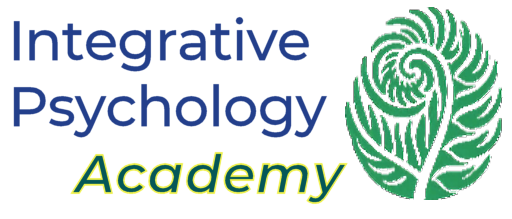A 2-day Experiential Training in-person in Salt Lake City
12 CE Credits have been approved by the Utah Psychological Association and the Utah Social Work Association
Learn a comprehensive framework and a set of powerful therapy tools drawn from the latest developments in trauma therapy…
There has been a steady movement within the field of trauma therapy over the past few decades towards the increasing recognition that:
(a) Psychological trauma (i.e., PTSD, acute trauma and developmental trauma) is primarily held within the body and nervous system
(b) Working directly with the body (via sensations, impulses, breath, posture, etc.) is therefore key to resolving entrenched trauma conditions
…and (c) That a particular attitude of open curiosity to one’s present experience—i.e., mindfulness—is an extremely helpful component to recovering from these conditions
As therapists and other helping professionals supporting people who grapple with unresolved trauma, we are fortunate that a number of methods have been developed in recent years that incorporate these principles, and which have been providing tremendous healing for millions of people around the world who have struggled with trauma conditions.
Among the most well-established of these methods are Sensorimotor Psychotherapy, Somatic Experiencing, Hakomi Mindful Somatic Psychotherapy, Internal Family Systems and EMDR. In this 2-day training, you will learn and practice an integrative approach to mindful/somatic trauma therapy that draws from the collective wisdom and practice of these and other closely related methods. In particular, you will…
… learn a simple yet powerful universal framework for making sense of extreme emotional and traumatic states, helping you to identify where your clients’ experiences are on the spectrum of ANS (Autonomic Nervous System) arousal, and therefore which interventions are likely to be most helpful at any given point in the therapy process. This theoretical framework is based on the latest research on the psychology and physiology of trauma.
… learn a broad map outlining the essential stages of the overarching process of trauma-focused therapy.
… develop your own capacity as a therapist to remain present and grounded, safely holding the space for clients to do the difficult work of trauma recovery, while not risking your own dysregulation, vicarious trauma and “burnout.”
… learn a number of effective yet simple mindful-somatic tools based on these methods that you can begin using right away to…
- Help your clients develop confidence working with strong feelings and nervous system dysregulation
- Help your clients develop a sense of groundedness, presence and orientation
- Help your clients to develop a rich and healthy connection with their own feelings and needs
- Make the distinction between a beneficial “emotional release” and being “stuck in a trauma response”
- Work with flashbacks, intrusive memories and nightmares
- Work with somatization (unresolved feelings/memories held within the body)
*In order to maximize individual support, this training will be capped at 24 participants.
*A Certificate of Completion will be awarded upon completion of the training with full attendance
* 12 Continuing Education Units have been approved by the UPA and the UTAHSWA, which should cover most mental health professionals in Utah and elsewhere, though you’ll want to confirm this with your board. To obtain a certificate for these credits, you will be required to verify all attendance and complete a brief follow-up survey.
Dates/Times
November 15-16, 2024 (Friday/Saturday)
10:00am – 6:00pm each day (with a 1-hour lunch break and 2 x 20-minute tea breaks)
Venue
Northwest Community Center
1300 W 300 N, Salt Lake City, Utah
Investment
$450 USD
There may be limited scholarship funding available and payment plan options for those with financial constraints. Contact us to discuss.
